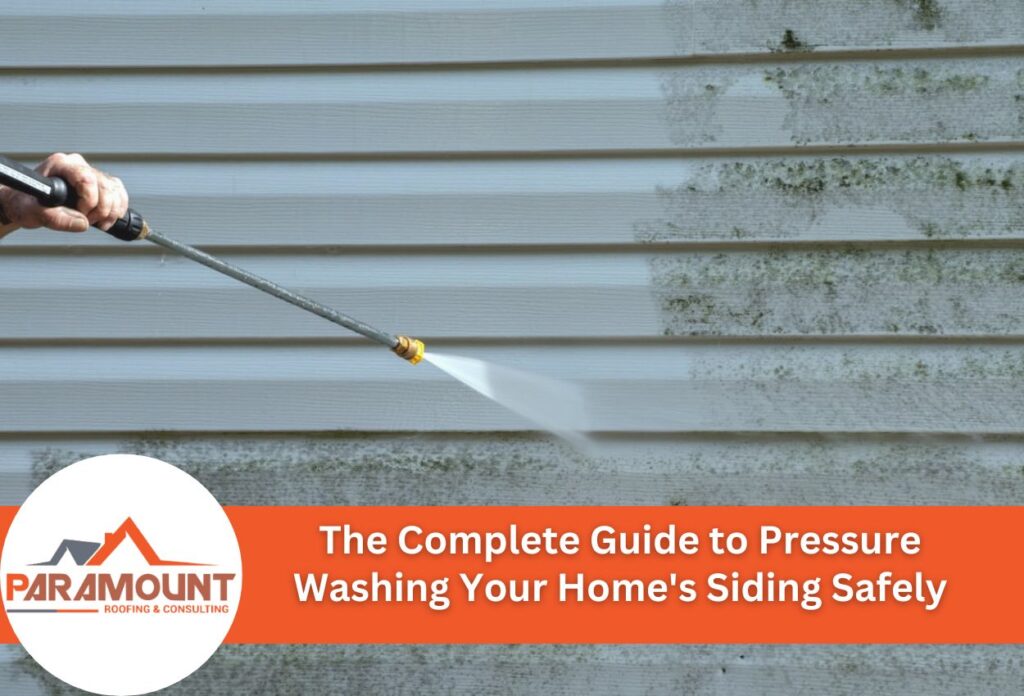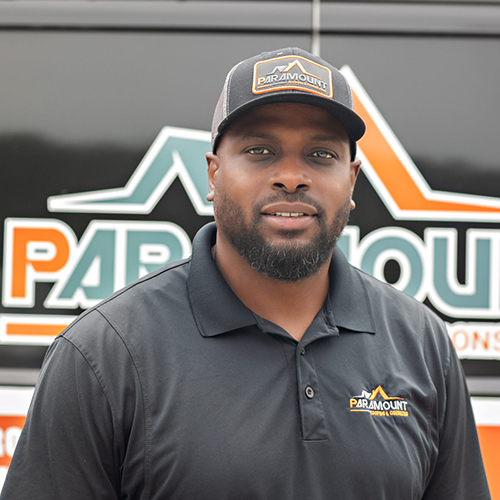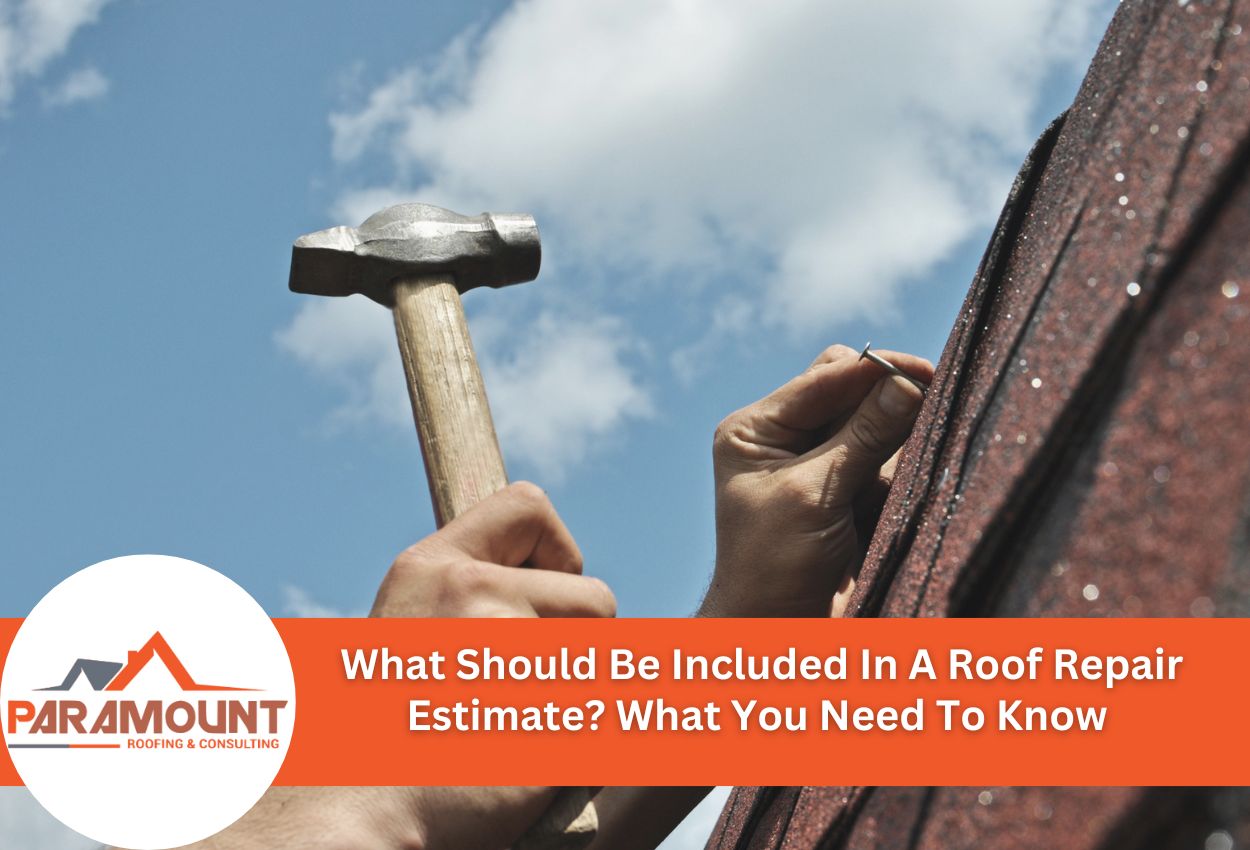Pressure washing is a powerful method for removing dirt, mold, mildew, and other debris from your home’s exterior siding. However, many homeowners in Atlanta and beyond often ask: “Can you pressure wash siding?” The short answer is yes, but different siding materials require specific approaches to prevent damage while still achieving a clean result.
Vinyl, fiber-cement, wood, and brick siding all respond differently to pressure washing. Using too much pressure on vinyl can cause cracking or warping, while wood siding may splinter or become water-damaged if improperly treated. Atlanta homes feature different siding materials, so it’s essential to understand the right techniques for your specific home.
Pressure washing involves selecting appropriate pressure levels, using the correct nozzles, maintaining safe distances, and sometimes incorporating suitable cleaning solutions. When done correctly, pressure washing not only improves your home’s appearance but can also prevent long-term damage from contaminants and extend the life of your siding.
Whether you’re considering a DIY approach or hiring professionals, understanding the fundamentals of pressure washing different siding types helps ensure your home’s exterior gets clean without suffering damage in the process.
Understanding Pressure Washing Equipment for Siding Cleaning
Selecting the right pressure washing equipment is crucial for effective and safe siding cleaning. For most Atlanta homes, electric pressure washers (1,300 to 1,800 PSI) work well for vinyl and aluminum siding, offering enough power without risking damage. Gas-powered units (2,000 to 3,000 PSI) provide more strength for tougher jobs but require careful handling, especially on more delicate surfaces.
Nozzle selection significantly impacts cleaning effectiveness and safety. Wide-angle nozzles (40 degrees or 60 degrees) distribute pressure across a broader area, making them safer for most siding materials. Avoid narrow-angle nozzles (0 degrees or 15 degrees) on siding as they concentrate pressure and can cause immediate damage. For vinyl siding, never exceed 1,500 PSI, while fiber cement can typically handle up to 1,800 PSI.
Essential accessories include extension wands for reaching high areas safely without ladders, surface cleaners for even application, and foam cannons for applying cleaning solutions. Speaking of solutions, mild detergents specifically formulated for house siding help loosen dirt and biological growth without damaging the surface or surrounding landscaping. Many Atlanta homeowners find that biodegradable cleaners work effectively against our region’s specific challenges, like pollen, humidity-driven mold, and airborne pollutants common in metro areas.
Safe Pressure Settings for Different Siding Materials
Using the correct pressure setting is essential when cleaning your home’s exterior. For vinyl siding, which is common in many Atlanta neighborhoods, keep pressure between 1,200 and 1,500 PSI. Vinyl can warp or crack under higher pressure, especially in older homes where UV exposure may have caused brittleness. Aluminum siding requires similar caution, with recommended settings of 1,200 to 1,400 PSI to avoid denting.
Wood siding needs even more care, with pressure not exceeding 500 to 600 PSI for painted surfaces and 800 to 1,000 PSI for stained wood. Many historic Atlanta homes feature wood siding that requires this gentler approach. Fiber-cement siding, popular for its durability in Georgia’s humid climate, can withstand 1,500 PSI. Brick exteriors tolerate the highest pressure at 2,000, though mortar joints may need lower settings.
Always adjust based on your siding’s condition. For older installations or those with existing damage, reduce pressure from standard recommendations. Test in an inconspicuous area first, starting with lower pressure and gradually increasing if needed. Atlanta’s high humidity creates unique challenges with mold and mildew, sometimes requiring special cleaning solutions rather than increased pressure. Remember that distance matters too — maintain at least 12 inches between the nozzle and siding surface to prevent localized damage.
Step-by-Step Pressure Washing Technique for Homeowners
Properly pressure washing your home’s siding requires careful preparation and technique to ensure effective cleaning without causing damage. Before starting, cover all electrical outlets, fixtures, and light fittings with waterproof materials. Protect nearby windows with plastic sheeting, and shield delicate landscaping with drop cloths. For Atlanta homes surrounded by established gardens, this preparation step is particularly important to preserve your property’s curb appeal.
When operating the pressure washer, maintain a distance of 12 to 18 inches from the siding surface and hold the nozzle at a 45-degree angle. This prevents water from forcing its way behind siding panels, especially important for vinyl installations. Work using a consistent side-to-side motion, starting from the bottom and moving upward to prevent streaking. For two-story homes common in Atlanta suburbs, consider extension wands rather than ladder use for safety.
After completing the pressure washing, inspect your siding thoroughly for any signs of damage. In Georgia’s climate, drying is essential — allow at least 48 hours of dry weather for wood siding to fully dry before any painting or sealing. For vinyl and other non-porous materials, wipe down areas where water might pool, particularly in shaded sections where Georgia’s humidity might slow natural drying. This post-washing care helps prevent moisture-related issues like mold growth that can quickly return in our humid environment.
Common Mistakes to Avoid When Pressure Washing Siding
Even with the best intentions, many Atlanta homeowners damage their siding during pressure washing by making preventable mistakes. The most common error is using excessive pressure, which can create cracks in vinyl, gouge wood, or erode the surface of fiber-cement siding. Holding the nozzle too close to the surface compounds this problem — always maintain a minimum distance of 12 inches, increasing to 18 inches for more delicate materials.
Using incorrect cleaning solutions represents another frequent misstep. Harsh chemicals like bleach can discolor siding and damage surrounding vegetation. Instead, choose cleaning solutions specifically formulated for your siding type. Many Atlanta homeowners also err by washing in direct sunlight, which causes cleaning solutions to dry too quickly and leave residue marks.
Warning signs that should prompt you to stop immediately include water seeping behind siding panels, visible cracking or splitting, paint flaking off, or a change in siding texture. If you notice minor damage, address it immediately. Seal small cracks in vinyl, repair splintered wood, or touch up damaged paint areas before moisture can penetrate and cause structural issues.
For extensive damage to your Atlanta home’s siding, consulting a professional is recommended. Many roofing contractors also specialize in siding repair and can assess whether the damage requires simple repairs or more substantial intervention before further deterioration occurs.
When to Call a Professional Siding Cleaning Service
While many homeowners can successfully pressure wash their own siding, certain situations warrant calling in professional help. If your Atlanta home is two stories or taller, professional services eliminate the safety risks associated with ladders and high-pressure equipment at heights. Extensive mold or mildew infestations, which are common in Georgia’s humid climate, often require specialized treatments beyond standard pressure washing equipment available to homeowners.
Pre-existing damage to your siding should also prompt professional consultation. Cracked vinyl, rotting wood, or compromised fiber cement can worsen dramatically under pressure washing. Professionals can assess these vulnerabilities and adjust their approach accordingly. Similarly, if your home is historic or features specialty siding materials common in older Atlanta neighborhoods, expert knowledge is especially helpful.
When hiring a pressure washing company, ask about their insurance coverage, including liability and workers’ compensation. Request specifics about their experience with your particular siding material and whether they adjust pressure settings accordingly. Inquire about their process for protecting landscaping, windows, and exterior fixtures. Reputable Atlanta companies will offer some form of satisfaction guarantee and provide references from previous local clients.
Professional services typically use commercial-grade equipment with precise pressure control systems that deliver more effective cleaning while minimizing damage risk. For many homeowners, this expertise provides peace of mind and ultimately extends the lifespan of their siding investment.
Maintaining Clean Siding Between Pressure Washing Sessions
Keeping your siding clean between professional pressure washing treatments helps maintain your home’s appearance and extends the life of the siding material. In Georgia’s humid climate, preventive maintenance is particularly important. Start by keeping gutters clean and functioning properly, as overflowing gutters can splash dirt and organic matter onto your siding. Consider installing gutter guards, which are especially helpful during Atlanta’s heavy pollen seasons.
Regular tree trimming prevents branches from scraping against siding and reduces the amount of leaves, sap, and organic debris that contact your home’s exterior. Aim to maintain at least 3 to 5 feet of clearance between vegetation and your siding. For homes in heavily wooded Atlanta neighborhoods, this simple step can significantly reduce maintenance needs.
Implement a gentle cleaning routine between pressure washing sessions. Every few months, use a soft-bristle brush on an extension pole with mild soap and water to remove visible dirt, cobwebs, and light mildew. For vinyl siding, this can be as simple as spraying with a garden hose. Brick and fiber-cement siding typically need cleaning less frequently than vinyl.
The recommended pressure washing schedule varies by material and environment. Vinyl siding in most Atlanta areas benefits from professional cleaning every 18 to 24 months, while homes near wooded areas or those heavily affected by pollen season may require annual service. Wood siding should be inspected and potentially cleaned every 12 to 18 months to prevent moisture damage.
Expert Siding Services in Atlanta by Paramount Roofing & Consulting
If you’re unsure about the right pressure settings or techniques for washing your home’s siding, it might be time to call in the professionals. Paramount Roofing & Consulting specializes in services for different types of siding materials, including James Hardie fiber-cement siding. Don’t risk damaging your home’s exterior by using incorrect pressure washing methods.
To ensure your siding is handled with care, contact Paramount Roofing & Consulting today at (404) 309-8035. Let us help you maintain the beauty and integrity of your home’s exterior with our professional siding cleaning services.




